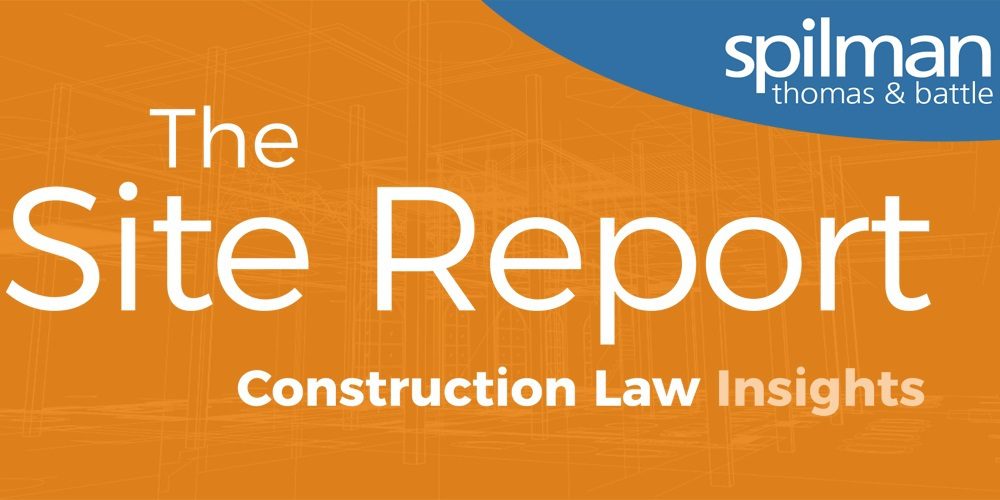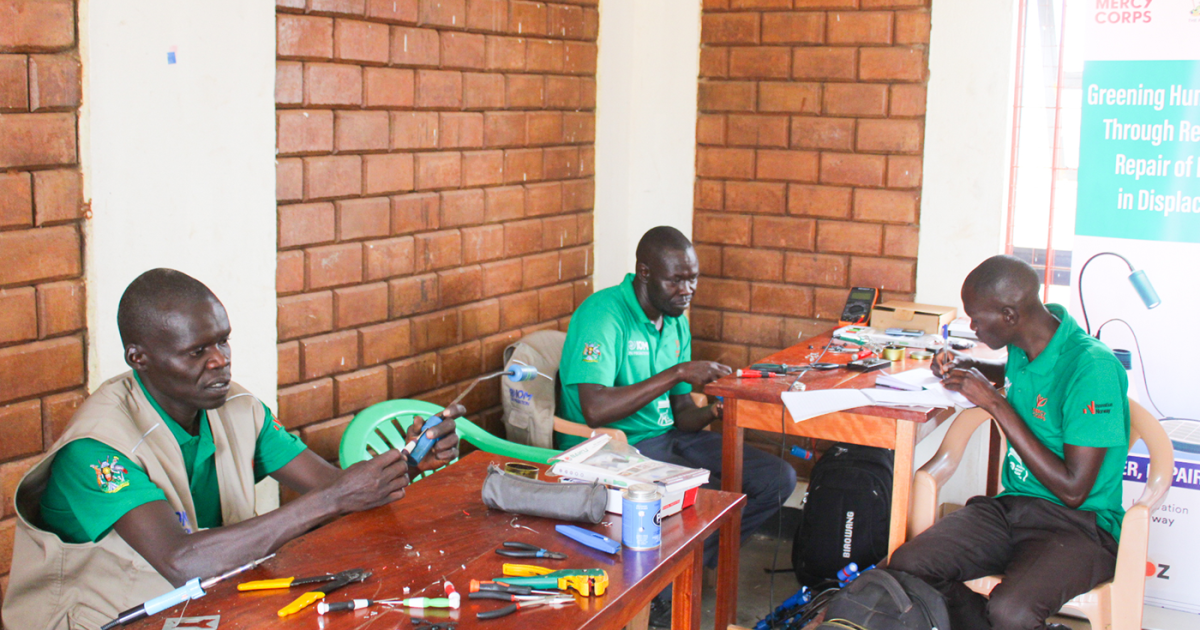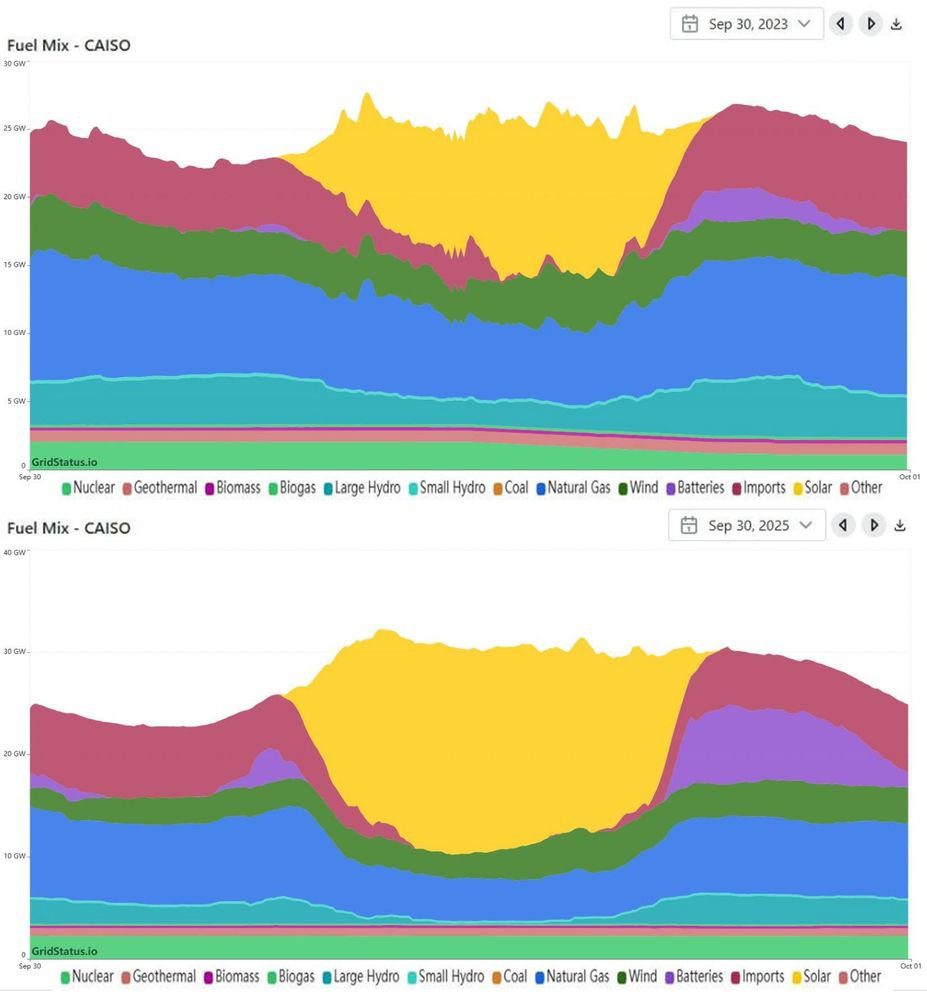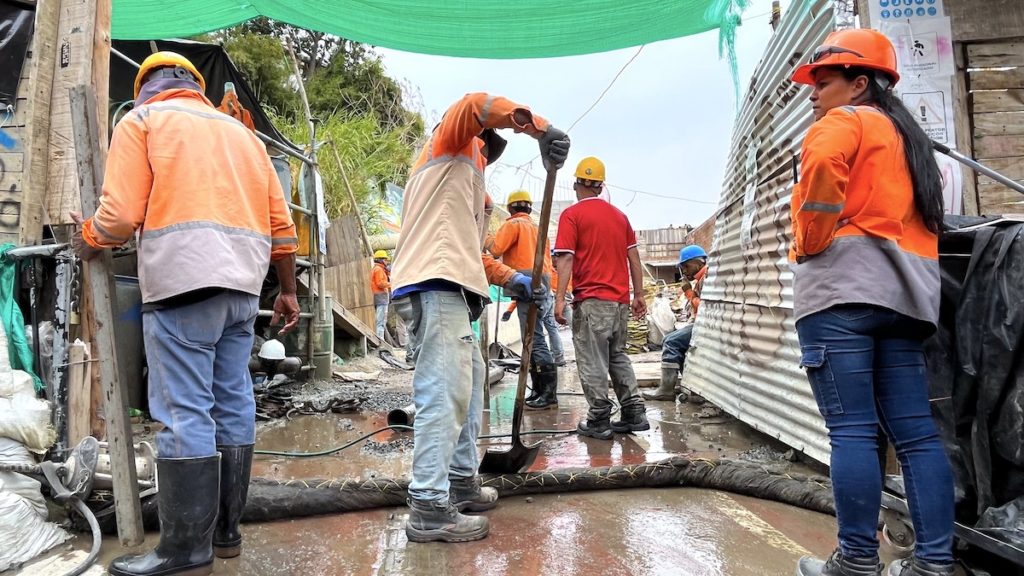Illinois Employers Get Ready—Busy Equal Pay Reporting Season Is Coming – Ogletree

Illinois Equal Pay Reporting and its Contribution to Sustainable Development Goals
Introduction: Aligning State Legislation with Global Goals
In 2021, the state of Illinois amended its Equal Pay Act of 2003, establishing a mandatory reporting framework that directly supports several key United Nations Sustainable Development Goals (SDGs). This legislation requires covered employers to obtain an Equal Pay Registration Certificate (EPRC) by submitting comprehensive demographic and wage data to the Illinois Department of Labor (IDOL). This initiative represents a significant state-level action to advance SDG 5 (Gender Equality), SDG 8 (Decent Work and Economic Growth), and SDG 10 (Reduced Inequalities) through enhanced corporate transparency and accountability.
EPRC Mandate: A Framework for Decent Work and Gender Equality (SDG 8 & SDG 5)
Employer Obligations and Scope
- Coverage Threshold: The EPRC requirement applies to all employers with 100 or more employees in the state of Illinois.
- Employee Count: To determine applicability, employers must count all employees physically working in Illinois as well as any remote employees who report to management or a base of operations within Illinois.
- Reporting Frequency: Following the initial certification, employers are required to renew their EPRC every two years.
The Role of Data in Promoting Equality
The core of the EPRC mandate is the submission of detailed wage data. This process is a direct mechanism for promoting the transparency needed to achieve SDG 5 (Gender Equality) by enabling the identification and remediation of gender-based pay disparities. By enforcing the principle of equal pay for work of equal value, the legislation is a cornerstone of SDG 8 (Decent Work and Economic Growth), which advocates for fair and equitable employment conditions for all.
The 2025 Renewal Cycle: Strengthening Accountability and Reducing Inequalities (SDG 16 & SDG 10)
Key Considerations for the 2025 Submission
As employers prepare for the upcoming renewal cycle, several factors warrant strategic planning:
- Renewal Timeline: A significant volume of renewals, estimated at over 70 percent, is expected to be due in late 2025 and the spring of 2026.
- Data Period: All 2025 renewal applications will be based on employee data from the 2024 calendar year.
- Proactive Preparation: Given the new data requirements for 2025 and the potential for filing platform disruptions, employers are advised to begin the data compilation and review process well in advance of their specific deadlines.
Institutional Enforcement and Its Impact on SDG 10
The IDOL has signaled increased enforcement efforts, reinforcing the state’s commitment to robust institutional oversight as championed by SDG 16 (Peace, Justice and Strong Institutions). This sustained reporting and enforcement framework creates a powerful tool for measuring and driving progress toward SDG 10 (Reduced Inequalities), holding organizations accountable for fostering equitable pay structures.
Procedural and Data Updates for 2025 Filings
Enhancements to Data Collection for Improved Analysis
For the 2025 submission cycle, the IDOL has updated its data template to capture more granular information. These enhancements are critical for a more nuanced analysis of wage gaps, further supporting the objectives of SDG 5 and SDG 10.
- New Data Points: Employers must now report whether an employee is paid on an hourly or salaried basis.
- Collective Bargaining Information: The template also requires information on whether an employee is covered by a collective bargaining agreement.
Streamlined Compliance Process
To simplify the administrative process, the required compliance statement is now integrated into the IDOL’s employer portal and no longer needs to be uploaded as a separate document.
SDGs Addressed in the Article
SDG 5: Gender Equality
- The article focuses on the Illinois Equal Pay Act of 2003, a law designed to combat pay disparities. This directly connects to the goal of achieving gender equality by addressing economic discrimination against women, who are often disproportionately affected by pay gaps. The requirement for employers to submit demographic and wage data is a mechanism to ensure fairness and equality in compensation.
SDG 8: Decent Work and Economic Growth
- The core topic of the article, “equal pay,” is a fundamental component of decent work. The legislation discussed aims to ensure that all individuals receive fair compensation for their labor, contributing to productive employment and economic justice. The article’s mention of the “Equal Pay Act” and the requirement for employers to report “wage data” directly supports the principle of equal pay for work of equal value.
SDG 16: Peace, Justice and Strong Institutions
- The article details a specific legal and administrative framework established by a government body. The Illinois Department of Labor (IDOL) and its Equal Pay Registration Certificate (EPRC) process represent an institutional mechanism designed to enforce laws, ensure accountability, and promote transparency. The article highlights the IDOL’s “increased enforcement efforts” and the structured “submission process,” which are hallmarks of developing effective and accountable institutions.
Specific SDG Targets Identified
Target 8.5: Achieve full and productive employment and decent work for all women and men, including for young people and persons with disabilities, and equal pay for work of equal value.
- The article is centered on the “Illinois Equal Pay Act of 2003” and the process for obtaining an “Equal Pay Registration Certificate (EPRC).” This legislation and its enforcement mechanism are direct state-level actions to achieve equal pay for work of equal value, as specified in this target. The requirement to submit “demographic and wage data” is the primary tool discussed for monitoring and enforcing this principle.
Target 5.1: End all forms of discrimination against all women and girls everywhere.
- Pay inequity is a significant form of economic discrimination. The Equal Pay Act, by requiring companies to analyze and report on their pay structures, directly targets the systemic and often hidden discrimination that leads to wage gaps. The collection of “demographic and wage data” is a measure to identify and ultimately help end this form of discrimination.
Target 16.6: Develop effective, accountable and transparent institutions at all levels.
- The article describes the role of the Illinois Department of Labor (IDOL) in administering the EPRC. The entire process—requiring employers to submit data, issuing certificates, updating data templates, and conducting enforcement—is an example of a state-level institution working to be effective and transparent in its mission to enforce the Equal Pay Act. The article mentions the IDOL’s “frequently asked questions (FAQs) guidance” and the public-facing “employer portal,” which are tools for transparency and accountability.
Indicators for Measuring Progress
Indicator: Collection of demographic and wage data
- The article explicitly states that the Illinois Equal Pay Act requires “covered employers to submit demographic and wage data to the Illinois Department of Labor (IDOL).” This data serves as a direct indicator to measure pay equity within companies.
Indicator: Employee’s pay basis and union status
- The article notes that for 2025, “the data template has been updated to include information about whether an employee is paid on an hourly or salaried basis and whether an employee is covered by a collective bargaining agreement.” These are specific new data points (indicators) being collected to provide a more detailed analysis of pay structures.
Indicator: Number of compliant employers
- The issuance of an “Equal Pay Registration Certificate (EPRC)” serves as an indicator of a company’s compliance with the reporting requirements. The article mentions that employers with “one hundred or more Illinois employees must obtain an EPRC,” and that renewals are due every two years, allowing for the tracking of the number of businesses adhering to the law over time.
SDGs, Targets, and Indicators Analysis
| SDGs | Targets | Indicators |
|---|---|---|
| SDG 5: Gender Equality | Target 5.1: End all forms of discrimination against all women and girls everywhere. | The submission of “demographic and wage data” by employers to identify and address pay-based discrimination. |
| SDG 8: Decent Work and Economic Growth | Target 8.5: Achieve full and productive employment and decent work for all…and equal pay for work of equal value. |
|
| SDG 16: Peace, Justice and Strong Institutions | Target 16.6: Develop effective, accountable and transparent institutions at all levels. |
|
Source: ogletree.com

What is Your Reaction?
 Like
0
Like
0
 Dislike
0
Dislike
0
 Love
0
Love
0
 Funny
0
Funny
0
 Angry
0
Angry
0
 Sad
0
Sad
0
 Wow
0
Wow
0















;Resize=805#)































































